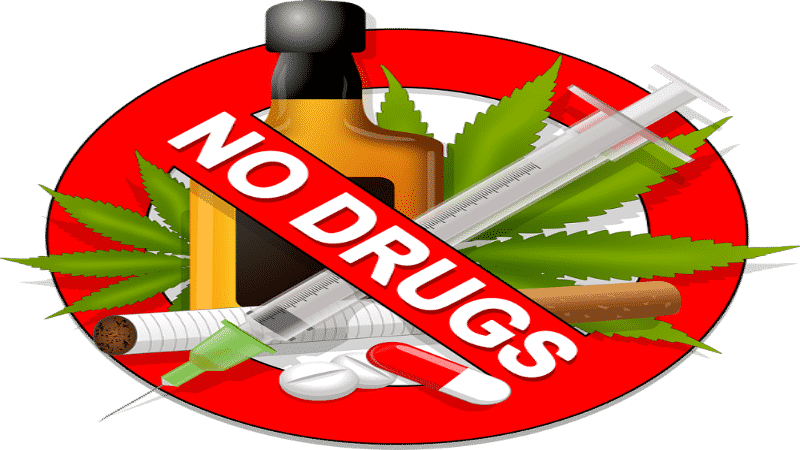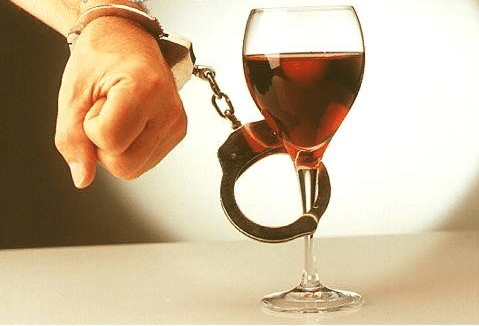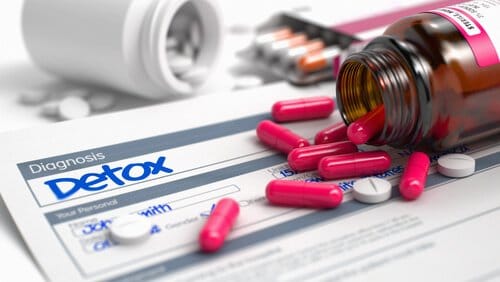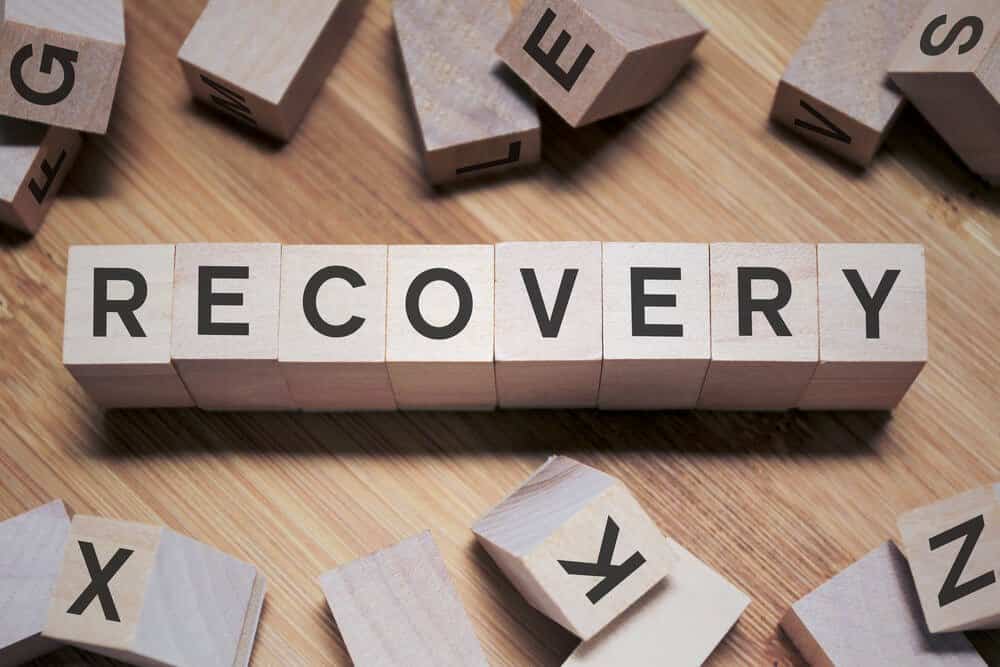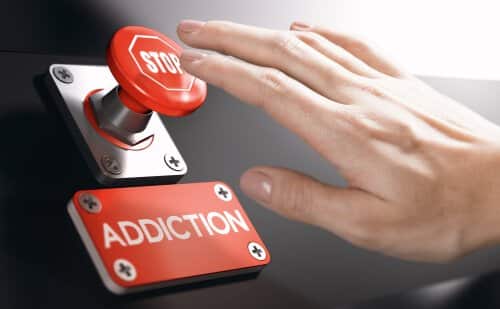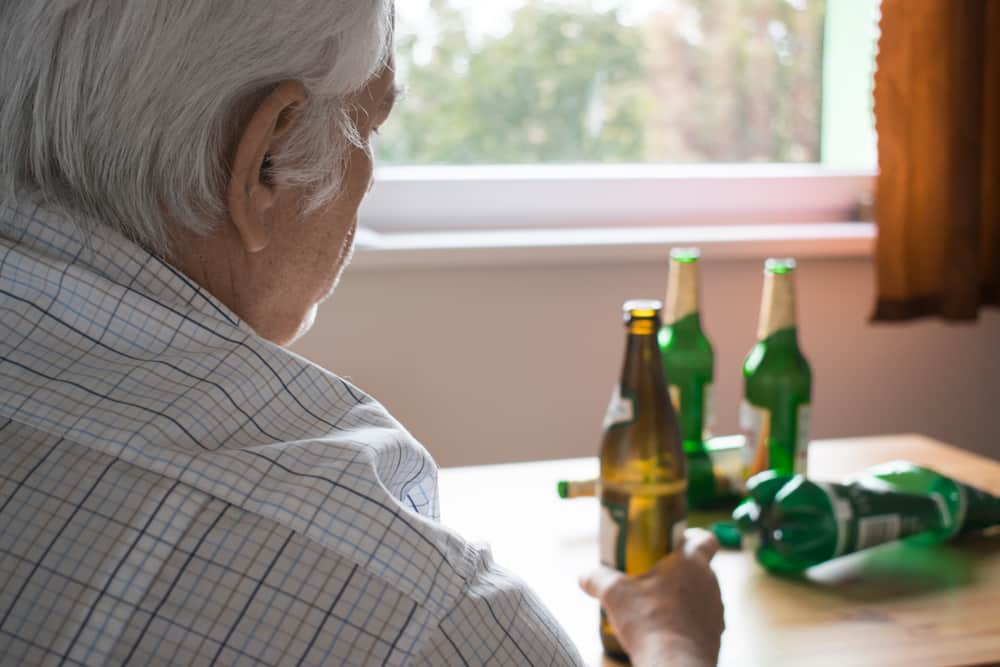Three Reasons Why You Should Use a Detox Center to Overcome Addictions

Many people, despite knowing the dangers, experiment with drugs because they believe they are not prone to get addicted. It takes just a few voluntary indiscretions with drugs to get addicted. This is because drugs alter the reward pathways in the brain in a way where the drug is needed to release a neurotransmitter called dopamine, which gives us feelings of pleasure.
The consequences of addiction are well documented – finances, relationships, and health are affected. It can even lead to overdose and death. Addiction is a chronic disease and it is not easy to stay off drugs, as, over time, the drugs have made the body dependent on them to be able to function normally. That is why professional help is needed to come off of drugs. While one can quit “cold turkey” the physical alcohol withdrawal symptoms can be excruciating and dangerous. It could lead to seizures or stroke for a class of drugs called benzodiazepines. That is why individuals should seek to detox in a medically monitored environment at facilities that offer drug rehab New Jersey. A program with deep experience in the process is invaluable.
Besides applying their medical expertise in helping individuals detox off of their substance of choice, there are psychological and lifestyle issues they should also help address:
Coping Skills: Once treatment is done, individuals have to learn to stay sober in their real-life environment on a daily basis, where the stressors and triggers that kept them addicted are ever present. Choose a program that will focus on teaching these skills. Outpatient detoxification is preferred as this integration with the real-life environment begins on day one of treatment. Also, therapists at the treatment facility will be available every day to make adjustments if some skills do not work for the individual. While some individuals will need inpatient treatment, they will have a tougher time adapting to their living environment after coming back from treatment as they were isolated from it making things easy.
Involving family in treatment: One other important reason to pick an outpatient detox facility over inpatient is that the individual’s family can be involved in treatment. Coping and relapse prevention skills taught at the treatment center have to be applied in the individual’s living environment and, oftentimes, the family does not fully understand the challenges the individual suffering from substance use disorders is facing. A treatment center that recognizes the importance of family interventions is invaluable as they help to permanently elevate the level of support the patient receives at home.
Connecting to Self-Help Groups: All treatment, no matter how good, has to come to an end at some time. However, addiction being a chronic disease needs long-term support to prevent relapse. This usually comes from self-help groups such as AA or NA. Being connected to self-help groups is the key to long-term recovery as they not only provide the support to stay sober, they also provide individuals suffering from addiction a safe environment to socialize.
These are critical benefits that are needed and you should receive if you choose CNT, detox Center based in New Jersey.
Related Articles
Three things to overcome addiction quickly easily
Benzodiazepine Detox Benzo Withdrawal Guide

